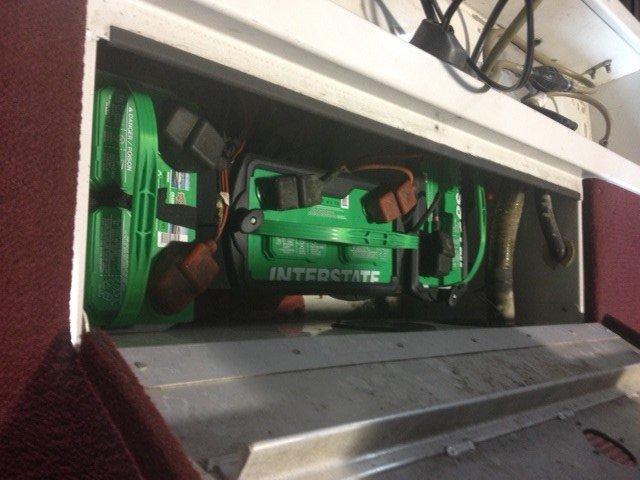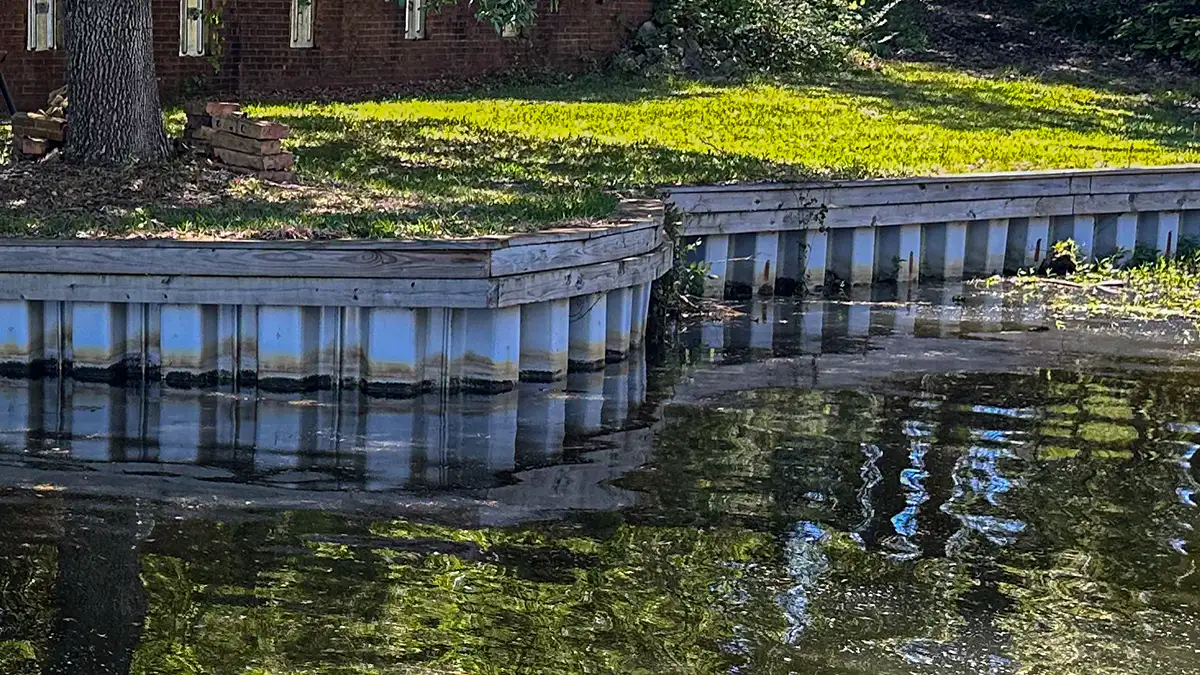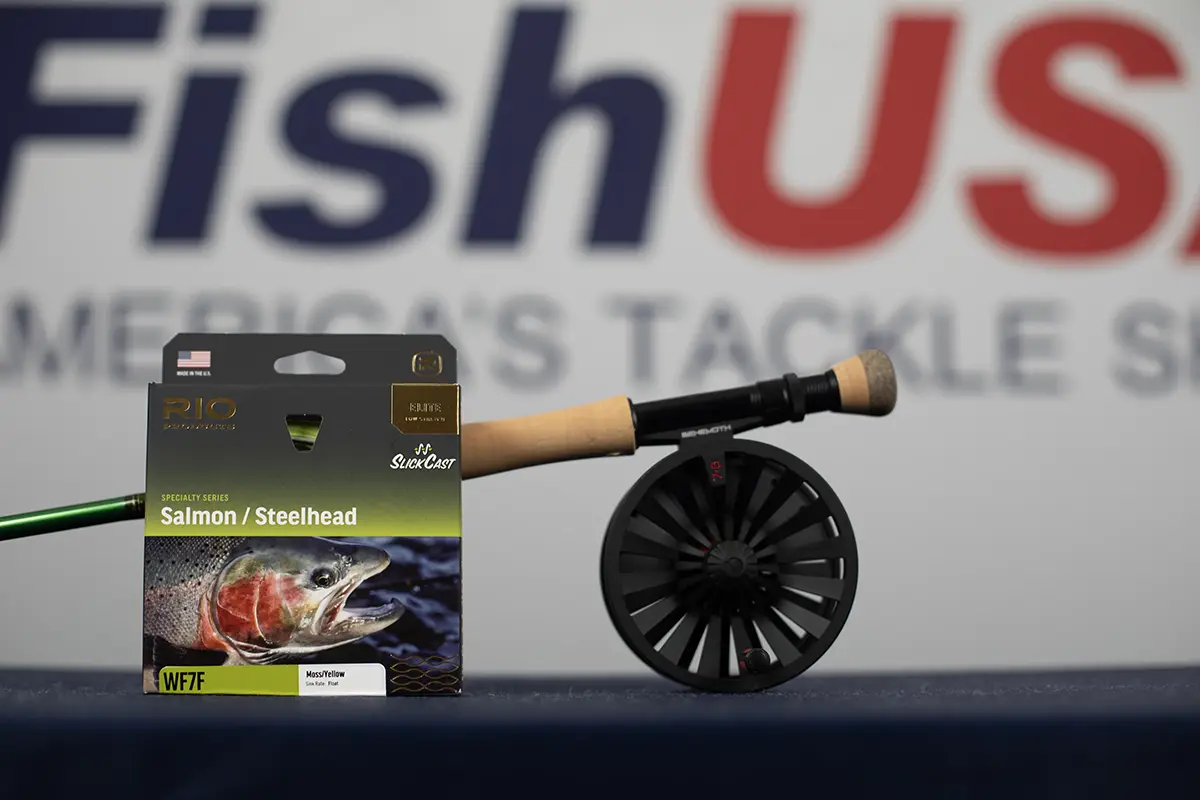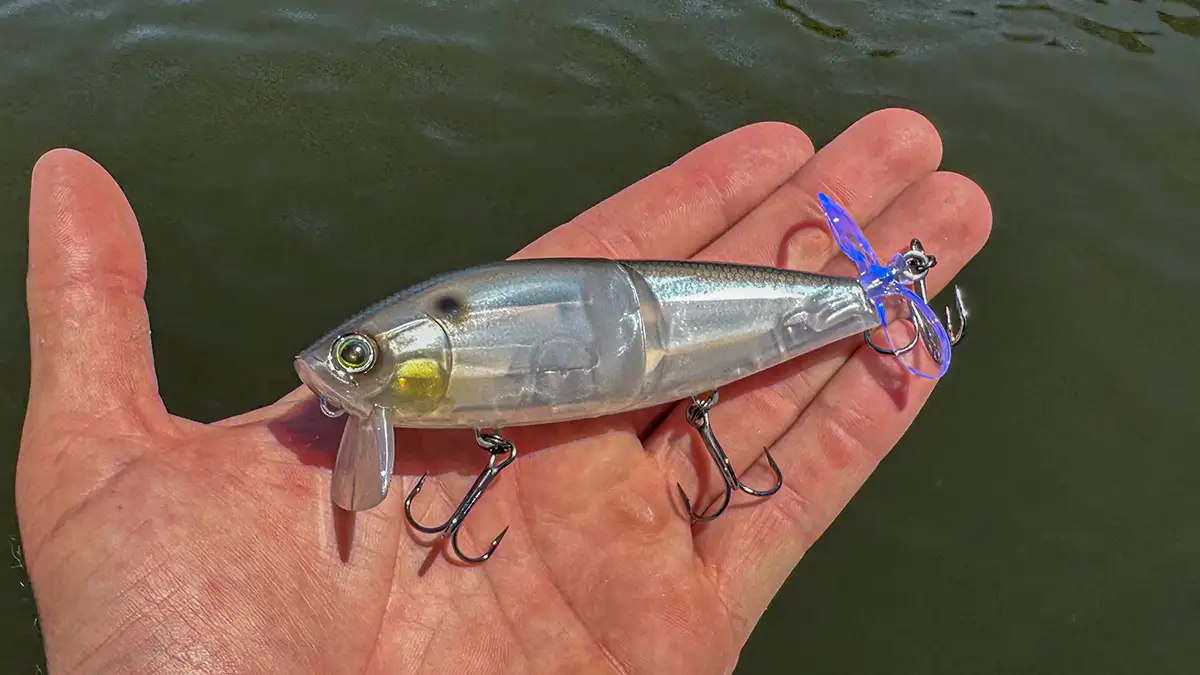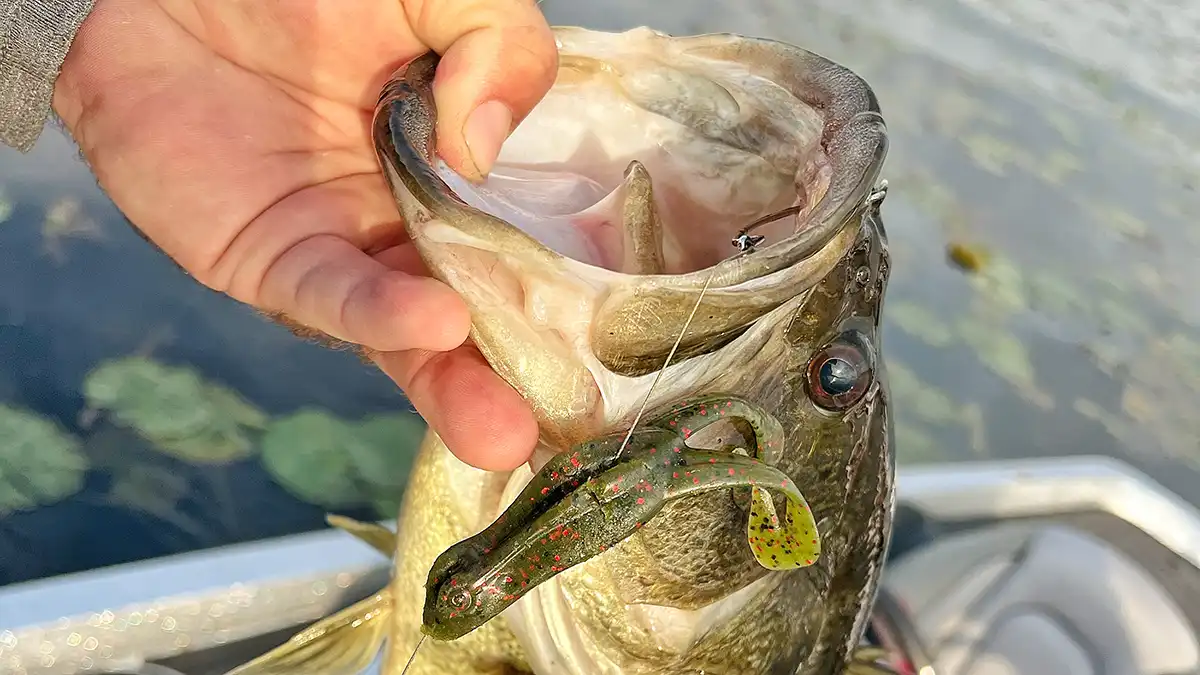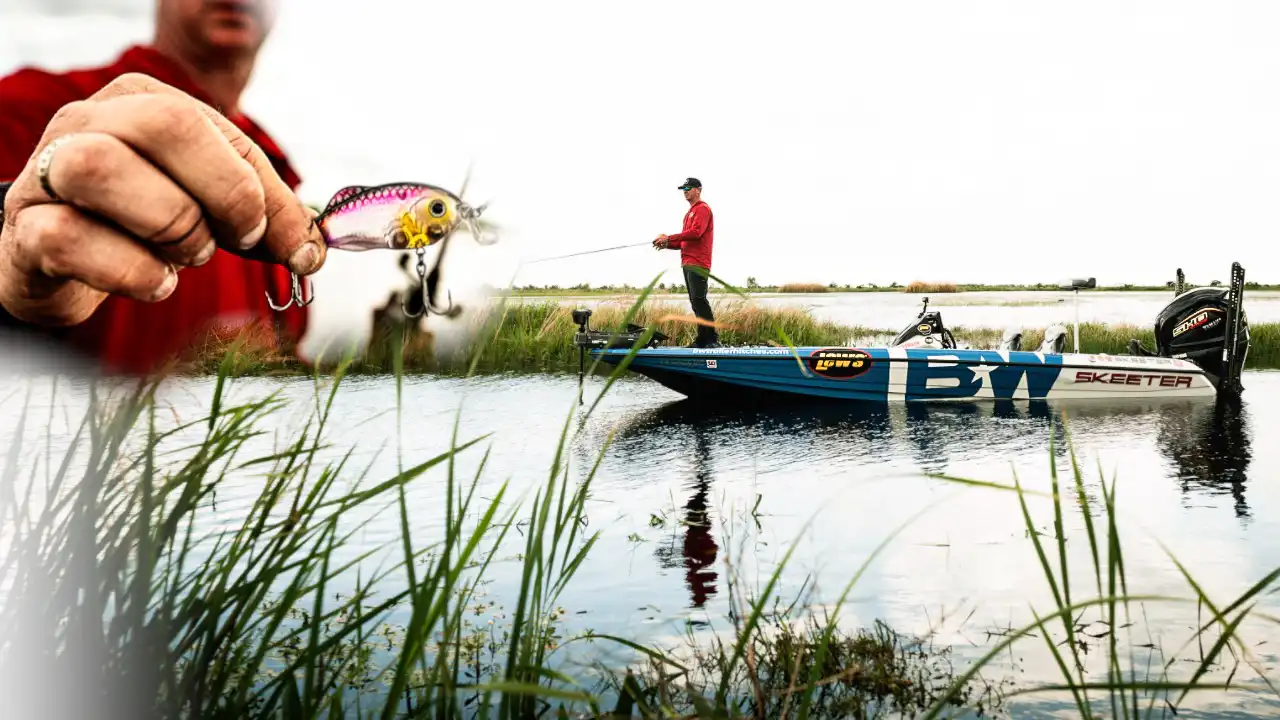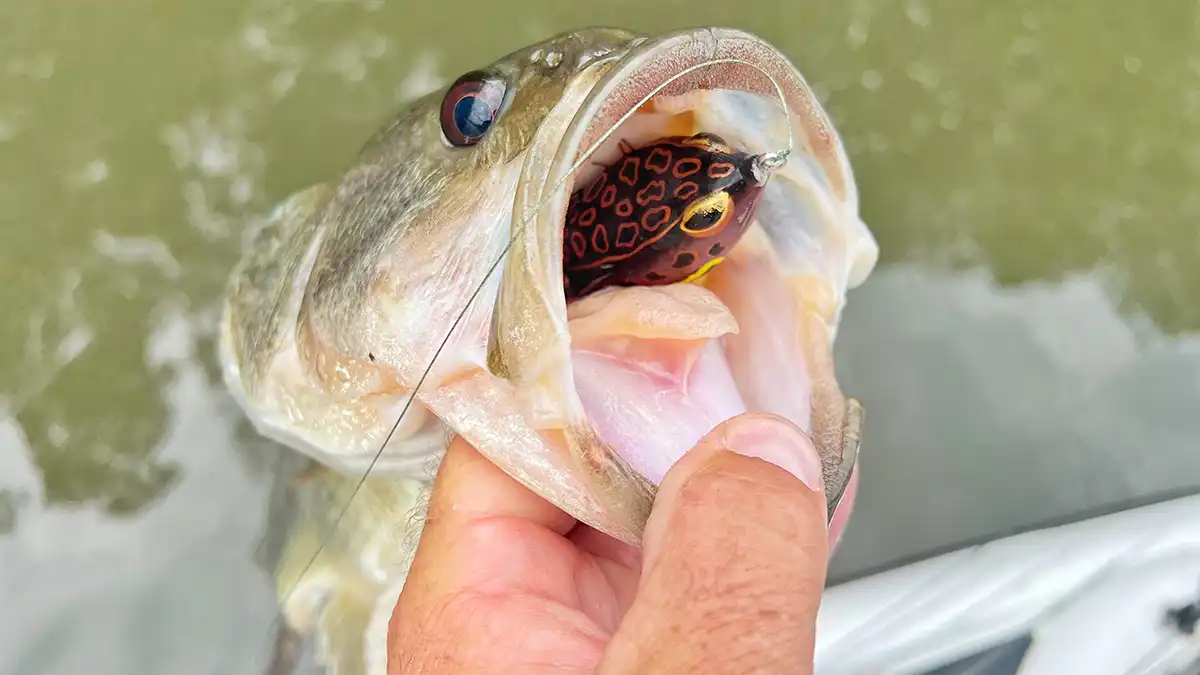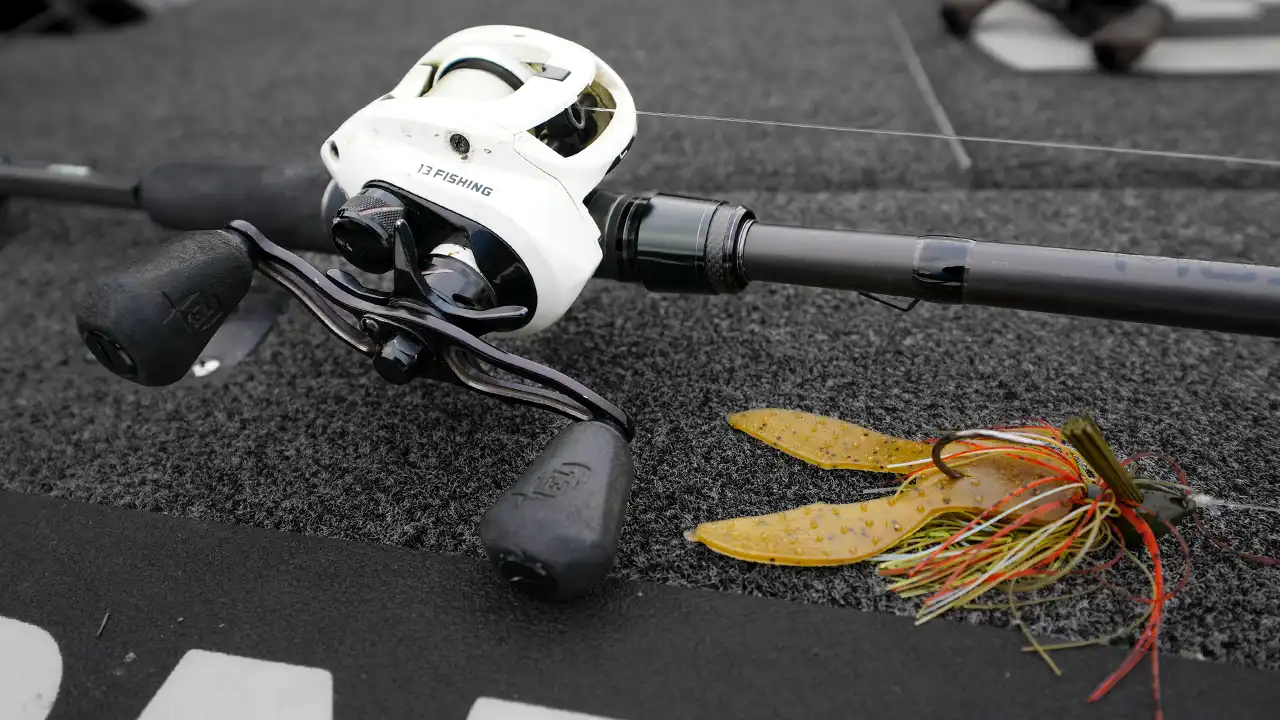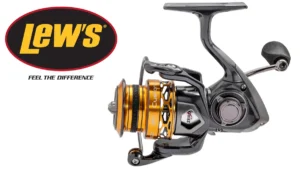When you think of essential items in a boat, things like life jackets, fire extinguishers, trolling motors, depth finders and outboard engines come to mind. You might even throw in a rod and reel or your lucky hat in that mix but one of the less glamorous and yet most crucial parts of the boat are the batteries.
We have all been there. Perfect 80 degree day, no wind, fish are chomping, boat is loaded and our batteries are dead. The engine won’t start, trolling motor won’t run and a great day just turned into a nightmare.
It is important to make sure that your batteries are properly maintained and some simple steps can be taken to head off the “dead battery blues” before it happens.
Here are a few considerations to maintain and manage your batteries:
- When starting your engine or using your trolling motor listen carefully to how the engine and trolling motor sounds. If the engine has a hard time cranking or the trolling motor doesn’t seem to last as long as it used to that could be a sign that your batteries are weakening.
- Write down your purchase date and keep your battery receipts. This is important if a battery fails. Most stores will pro-rate your next battery purchase if it falls within the warranty period or better yet replace the dead battery.
- Charge the batteries fully after each trip. Batteries can get memory and ultimately lose power if they are used when they are less than fully charged. Using partially charged batteries may cause even new batteries to never get fully charged again.
- A good battery charger, or two, is a must if you own a boat. Portable chargers work great but I recommend one that is automatic. That means one that shuts down to trickle charge or off when batteries are fully charged. A good charger can recognize charge levels and are worth the extra bucks. On board smart chargers like those offered by Minn Kota are an excellent as they are less hassle, only need an extension cord, and are developed for marine battery charging. They can be purchased for two or more batteries. They charge all of your batteries to full, then maintain them even over long periods of inactivity.
- If you are using lead acid batteries always check the water level in the batteries. Used distilled water, never use tap water, or battery acid that can be purchased at local automotive stores. Always wear eye protection and rubber gloves when working on batteries.
- Select a high quality marine battery when making a battery purchase. Marine Deep Cycle Batteries can take draining and charging more readily than automotive types and can also take the pounding a boat takes on the water. Choose a cranking battery for the engine and electronics and deep cycle trolling motor battery(s) for the trolling motor. It’s good to buy as much cranking power as possible for the cranking battery so you can separate accessories from the trolling motor. Several great batteries are available locally including Interstate, Everstart, found at Walmart, Deka, Optima, AC Delco and Crown. Other high-end batteries can be purchased online and at local marine dealers.
- Breakers and fuses are important for accessories attached to the batteries. Breakers allow power to be turned off during periods of inactivity to allow batteries to remain fully charged and fuses keep components like electronics from being damaged should a voltage spike occur.
It is very important for safety and is the law in some states to keep batteries tied down and covered. Both battery posts must be covered or contained in a battery box on the boat by law in some states too.
Maintaining and managing your batteries is very important for boaters. Buying the correct type, watching water levels, and noticing changes can keep your boat functioning properly and keep you on the water.


